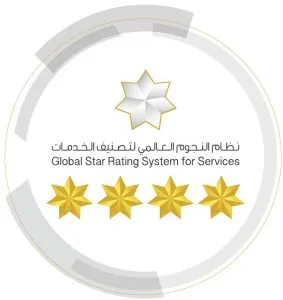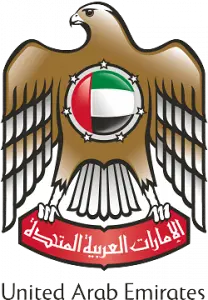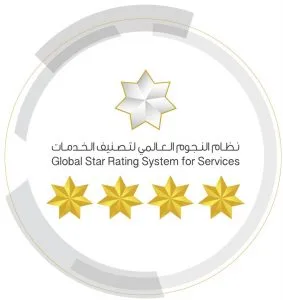Maintaining and enhancing national identity is a goal that we all aspire to reach, as we are all partners who share love for our nation and partners in building its renaissance and progress. There is no doubt that national identity gives this partnership its spirit and meaning. We can go as far as assuming that national identity provides us with the sense of belonging to this dear nation.
Maintenance and enhancement of this identity needs several methods. We have discussed, in previous articles, some methods that can guarantee maintaining our national identity. Today, we discuss together the role played by one of the major components: social capital. Social capital has been established as significantly important in the age of global culture and multiple identities and cultures among the resulting negative effects on the social texture and national culture for many societies and waning social connections and relations among members of a community.
What is social capital? What are its components and how does it form? What role does it play in identity nationalization? Although social capital lends itself to multiple definitions, and without entering the labyrinth of abstract and theoretical definitions, social capital refers to relations within and between social networks produced by individuals and groups with the purpose of achieving their goals in life. This network of relations is extremely organized and far from being random. It follows traditions and standards that govern the behavior of individuals and groups and direct their social behavior according to the social, cultural and ethical values, norms and systems of the society. These values aim at promoting the actions of individuals and groups and work on improving and supporting ways of interaction between them to attain the purposes they seek.According to the World Bank, social capital refers tothesum of the institutions, relationships, and norms that shape the quality and quantity of a society’s social interactions and social relationships that contribute to achieve sustainable development.
This definition reflects the importance of social capital not only in improving the quality and quantity of social relations and interactions among individuals but also its importance in achieving sustainable development. Social capital derives its power from the ability of individuals to participate in activities of public good. According to the UNDP, social capital is closely related to charity and volunteering; volunteerism and volunteers are at the heart of social capital. Volunteering can be defined broadly as the non-profit, non-wage andnon-career contributions of individuals for the well-being of their community or society at large. Some studies indicate that the number of institutions for public interest and the number of individual members of these institutions reflect the stock of social capital in society.
What are the sources of social capital?
There are multiple sources that contribute in forming the stock of individuals and groups in social capital. Foremost among these sources are family, school, public interest foundations and civil society organizations. These sources contribute to forming social capital through its ability to shape individuals and raise them on values and standards that increase their stock of social capital and enhance its positive role in society. Some of the major values that constitute the stock of social capital are the ability for mutual collective work, trust among individuals, and trust between individuals and the different governmental and non-governmental institutions, trust between the individual and the state, values of cooperation and solidarity, values that nurture a stronger sense of social responsibility, and values that promote cohesion of social texture. If the sum of these values constitute that stock of individuals in social capital, this stock represents a driving force that contributes to building the renaissance and development of the country in the different economic, social and cultural aspects of society. On the economic level, social capital contributes to the contribution of individuals in the different economic projects and their engagement in the job market, through the atmosphere it provides built on trust and transparency, and also contributes to the promotion of values of work and accomplishment. On the cultural level, social capital enhances the participation of individuals in the productivity and utilization of knowledge and the expansion of the awareness circle, through projects and activities that aim at eliminating illiteracy, whether reading and writing incapacity or lack of knowledge and incapability in using the information revolution products such as computers and the Internet. On the social level, social capital shapes the collective awareness of individuals and enhances the values and ethical criteria that push them towards solidarity and cooperation and enhance their values of belonging. These values together constitute the essence of national identity.
This all leads to creating an enabling environment that provides a healthy atmosphere that is necessary for identity nationalization and provides it with firm roots that derive their nutrients from the strategic stock of social capital, which contributes not only in the maintenance of national identity but contributes at the same time in achieving sustainable development.



